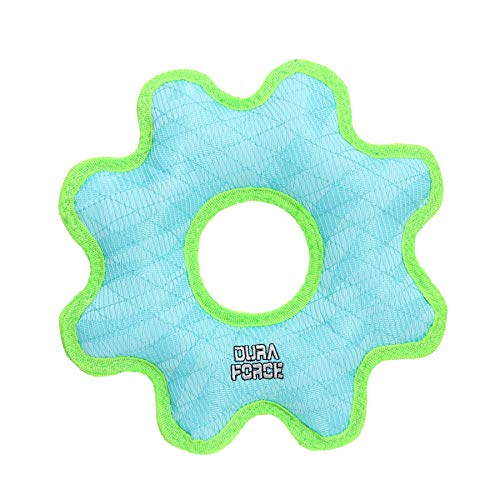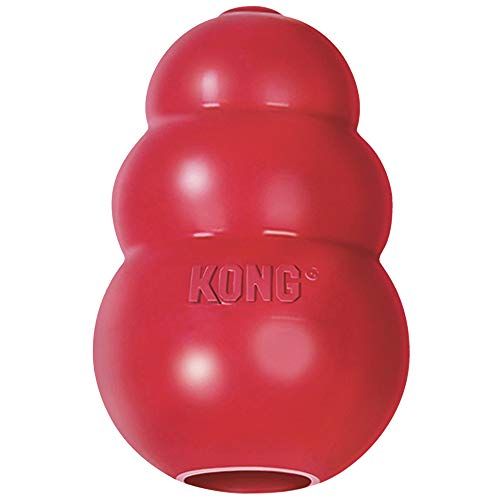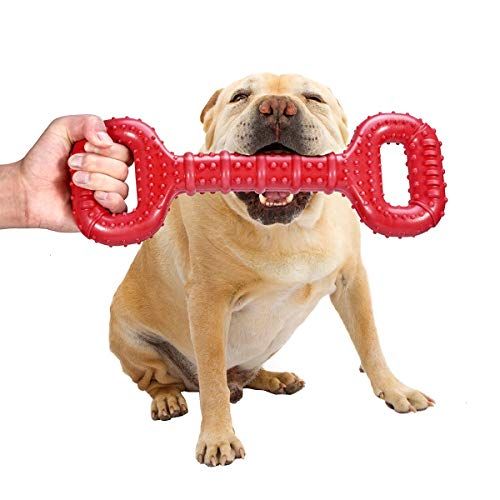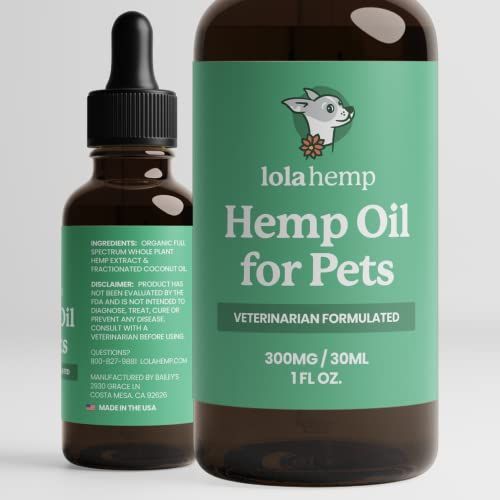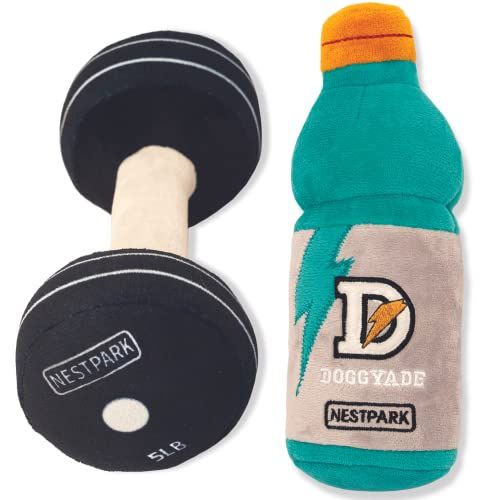Make Your Dog Grow Bigger: Comprehensive Guide and Tips
Are you wondering how to make your dog grow bigger? It's not just about feeding more; the solution involves a combination of proper nutrition, ample exercise, and understanding your dog's specific breed traits. This comprehensive guide will unpack all these elements, offering expert advice and practical tips to support your dog's optimal growth and development. Remember, every dog is unique, and achieving their fullest potential requires a tailored approach. Let's explore together and set your furry friend on the path to healthy growth.
Keeping your dog healthy and allowing it to grow to its full potential involves a well-rounded approach that includes proper nutrition, exercise, and regular vet check-ups. Here's a comprehensive guide to ensuring your dog grows bigger and healthier.
Nutrition
Feeding your dog a balanced diet is the first step to help your dog grow. Dogs require a specific set of nutrients to thrive, and these can be found in high-quality dog food. Look for food that lists a source of animal protein, such as chicken or beef, as the first ingredient. This indicates that the food is primarily composed of meat, which is crucial for your dog's growth and development.
Some dogs may also benefit from specially formulated growth food. These are often labeled as 'puppy' or 'junior' food, and they contain higher levels of nutrients needed for growth, including protein and calcium. It's best to consult with a vet to determine if such a diet is suitable for your dog.
However, avoid overfeeding your dog, as obesity can lead to numerous health problems and can even stunt growth in puppies. Instead, follow the feeding guidelines provided on the dog food packaging and adjust as necessary based on your dog's age, weight, and activity level.
Exercise
Exercise plays an important role in helping your dog grow bigger. Regular physical activity helps to build muscles and improve overall body condition. Furthermore, exercise also helps to prevent obesity, a common problem in dogs that can hinder growth and development.
It's important to provide your dog with a variety of exercises to keep them interested and challenged. This could include regular walks, playing fetch, or even agility training. However, remember to tailor the intensity and duration of the exercise to your dog's age and health condition. Puppies and older dogs may not be able to handle intense exercise.
Veterinary Care
Regular vet visits are crucial to monitor your dog's growth and detect any potential health issues early on. Your vet can provide valuable advice on how to care for your dog based on its breed, age, and overall health condition. They can also ensure that your dog is up to date with all necessary vaccinations and treatments to prevent diseases that can affect growth.
It's important to note that despite your best efforts, your dog's size is largely determined by its breed and genetics. However, following the above steps can ensure that your dog grows to its full potential and lives a healthy, active life.
Supplements
While most dogs can get all the nutrients they need from their diet, some may benefit from supplements. These can provide additional nutrients that are essential for growth, such as glucosamine for joint health or omega-3 fatty acids for skin and coat health.
Before giving your dog any supplements, it's important to consult with a vet. They can recommend suitable products based on your dog's needs and monitor their progress to ensure the supplements are working effectively.
How can I make my dog grow bigger
Continue reading:
Remember, your dog's growth should not be rushed. Allow them to grow at their own pace and provide them with the necessary care and support. A happy, well-cared-for dog will grow to its full potential, providing you with years of companionship and joy.



